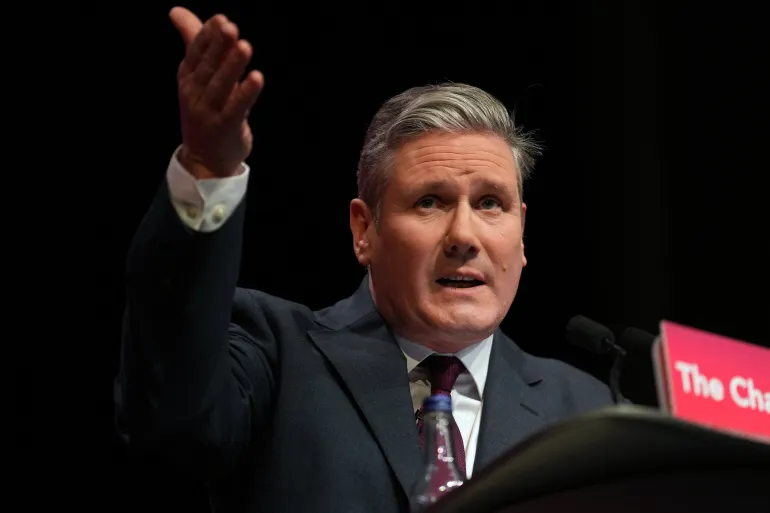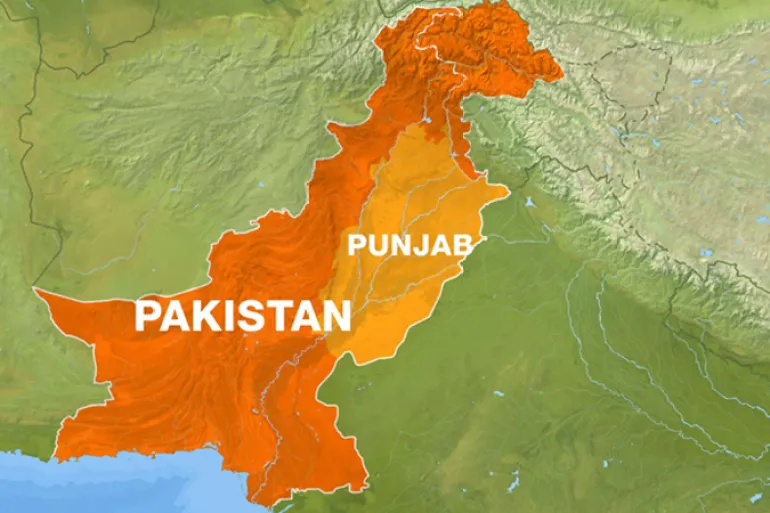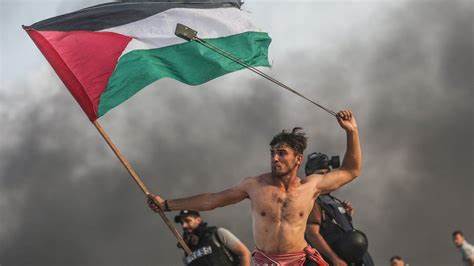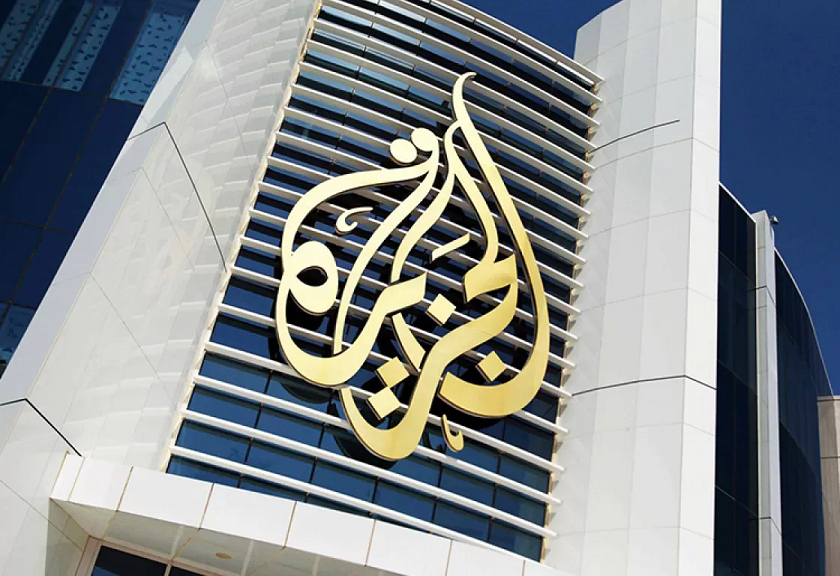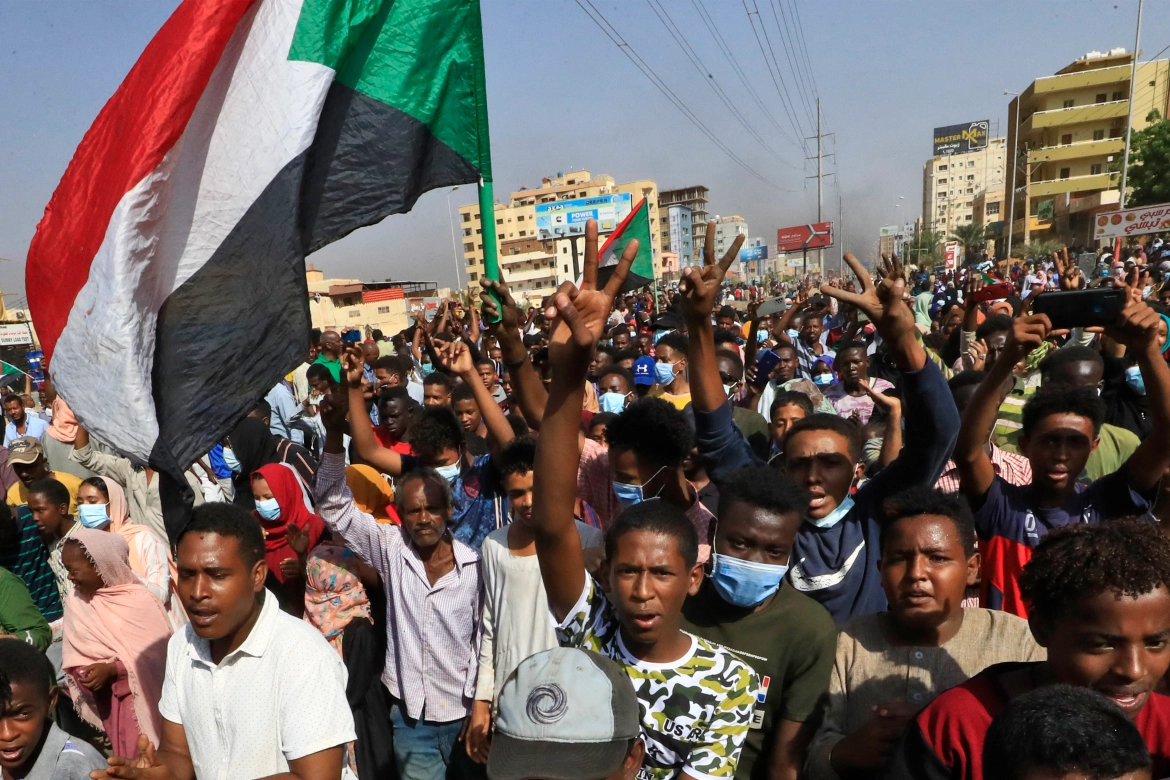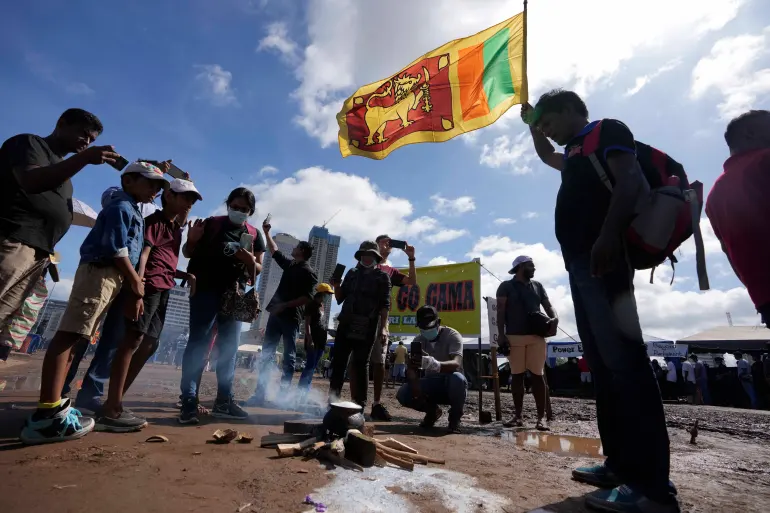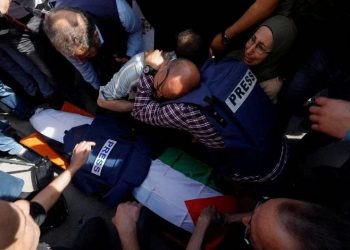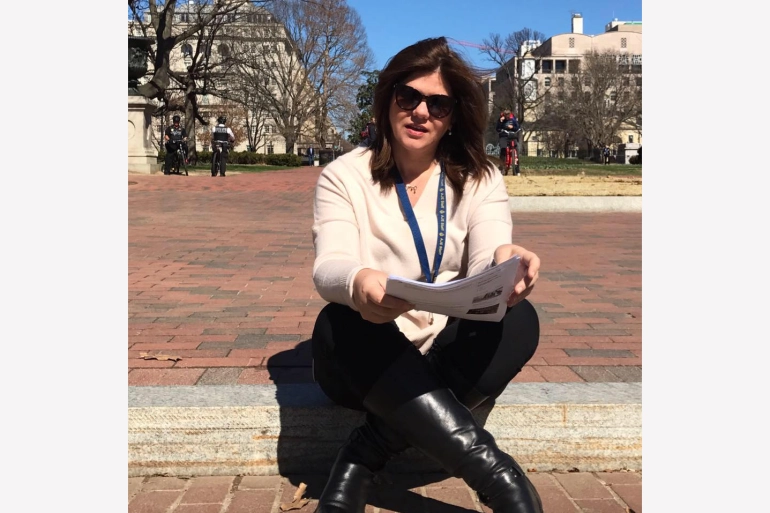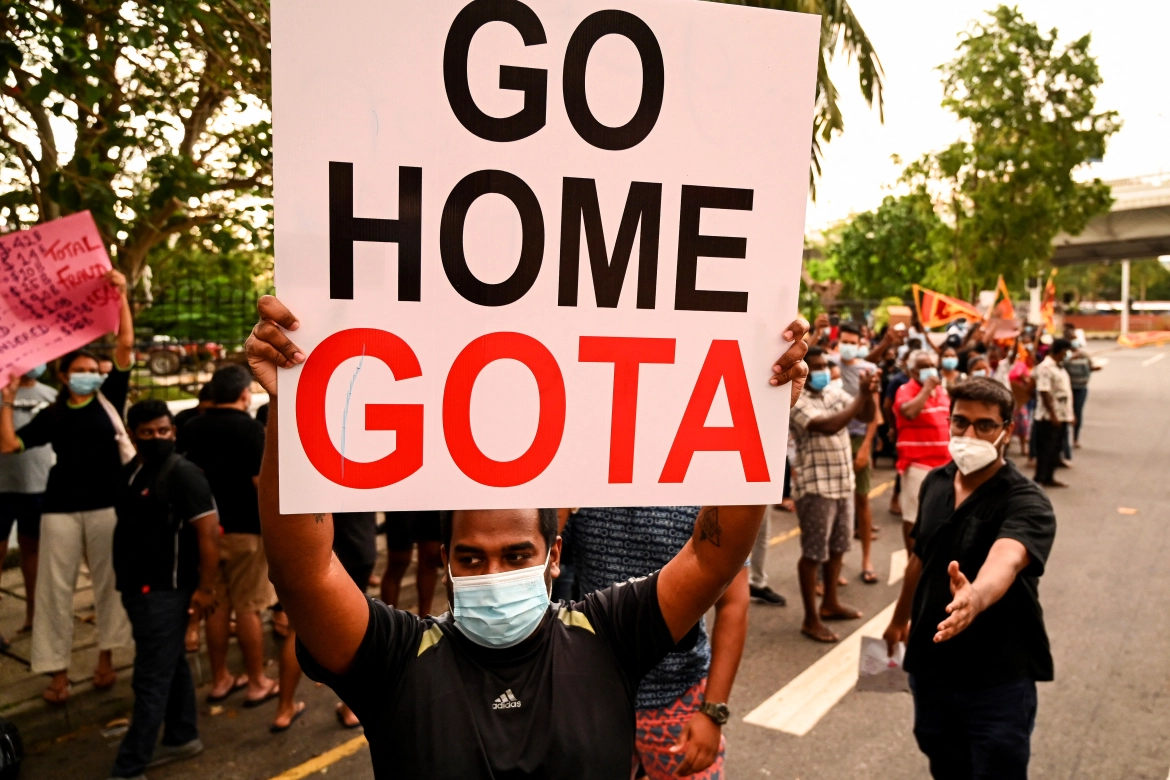‘A long way from democracy’: Reed Brody on Déby, Habré and the future of Chad
![Reed Brody [Isabel Coixet]](https://liberties.aljazeera.com/resources/uploads/2021/04/1619339969.jpg)
Reed Brody [Isabel Coixet]
Idriss Déby, the former President of Chad, died on Tuesday. He ruled the West African nation for three decades.
Reed Brody is a human rights activist and Counsel at Human Rights Watch. He has long worked with the victims of atrocities in Chad and was instrumental in the trial of exiled former dictator of Chad, Hissène Habré who was convicted of crimes against humanity in Senegal.
Brody has met with Déby several times. He spoke to Al Jazeera:
Al Jazeera: You met with Idriss Déby a number of times while working on the prosecution of his predecessor Hissène Habré. What was your reaction to his death ?
Brody: There are so many ironies involved. Déby presciently warned the international community that the overthrow of Muammar Gaddafi in Libya would spiral the region into chaos – and he became the latest victim of that chaos. It can also be seen as Habre’s revenge: not only does he survive his mortal enemy as he survived his other enemy Gadaffi, but it was Habré’s Gorane kinsmen who killed Déby, apparently with arms from Libyan strongman Khalifa Hiftar, whom the CIA trained as the leader of a Libyan ‘Contra’ force in 1990 at a secret base in Habré’s Chad.
Al Jazeera : Did Déby support the trial of Habré, who was convicted by a court in Senegal in 2016?
Brody : He did until he didn’t. Habré was responsible for killing some of Déby’s closest friends and relatives. Once when I met Déby together with Clément Abaifouta, president of the association of Habre’s victims, who as a prisoner was forced to dig mass graves, Déby’s first question was whether Clément knew where Déby’s family members were buried.
Chad under Déby waived Habré’s immunity as a former head of state, allowed Belgian and African judges to carry out missions in Chad, and helped fund the African Union-backed court which tried Habré.
But the growing likelihood of a trial, as opposed to our quixotic campaign he could safely support as a way of discrediting, harassing, and immobilizing Habré, posed risks because of Déby’s own exposure as Habré’s army chief during the ‘Black September’ massacres of 1984. In the end, Déby was able to manipulate the system to prevent an airing of that role during the trial. He also broke his promise to compensate Habré’s victims.
Al Jazeera : How do you explain the outpouring of tributes for Déby, a man with a questionable human rights record ?
Brody: For 30 years, France, the United States and the West gave unconditional backing to this authoritarian, corrupt, often brutal ruler in the name of regional stability. The same stability that once caused them to back his far more brutal predecessor Habré.
Habré was a bulwark against Gaddafi. Déby was a bulwark against Islamic terrorism. The wishes of the Chadian people, who have never been able to change power through elections, was never a consideration. When Habré was in charge, the Goranes ruled the roost, and under Déby, even the untrained eye could see that the Zaghawas, Déby’s clan, were pocketing the country’s oil wealth.
Al Jazeera: The public image of Déby is of a president with his troops, on the battleground. That’s surprising for a president, isn’t it?
Brody: For a normal president, yes, but not for Déby, who was first and foremost a consummate soldier. At the Elysée palace in Paris, I once heard Nicolas Sarkozy describe how when rebels were encircling Deby’s palace in February 2008, Sarkozy phoned Deby to offer him a plane to exfiltrate him to France. Not only did Deby refuse, he told Sarkozy he had to hang up to go back to the fight. According to Sarkozy, Deby said, ‘I will win or I will perish among my own people.’
Al Jazeera : How do you see the immediate future of Chad ?
Brody: There is a lot of fear and even panic in Chad today. If the rebels should take power – which I don’t think that France would allow – there could be reprisals against Déby’s Zaghawa clan as well as against the victims and activists who led the prosecution of Habré.
More worrisome is the possibility that the new military junta – presided by Déby’s son in contravention of Chad’s Constitution- might take advantage of the chaos, as they did when rebels entered the capital in 2008, to settle scores with political opponents. In 2008, three leading opponents were kidnapped, and one has remained disappeared until today. I’m afraid that Chadians are still a very long way from their democratic dreams.
The interview was edited for clarity and brevity.
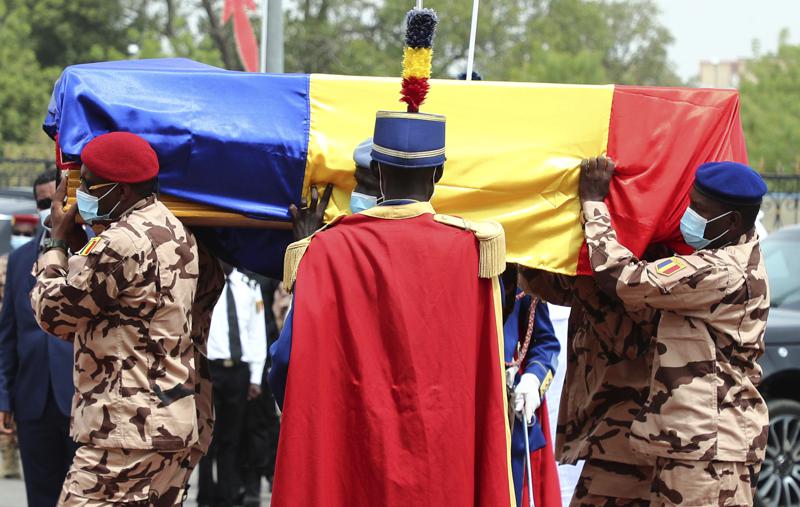
- Most Viewed
- Most Popular


